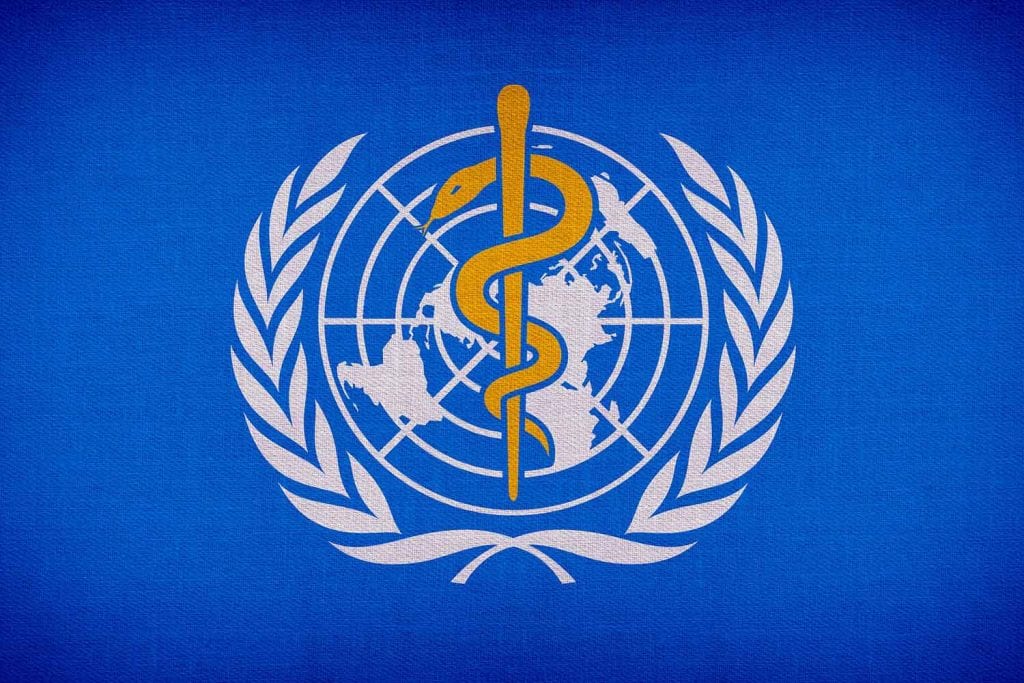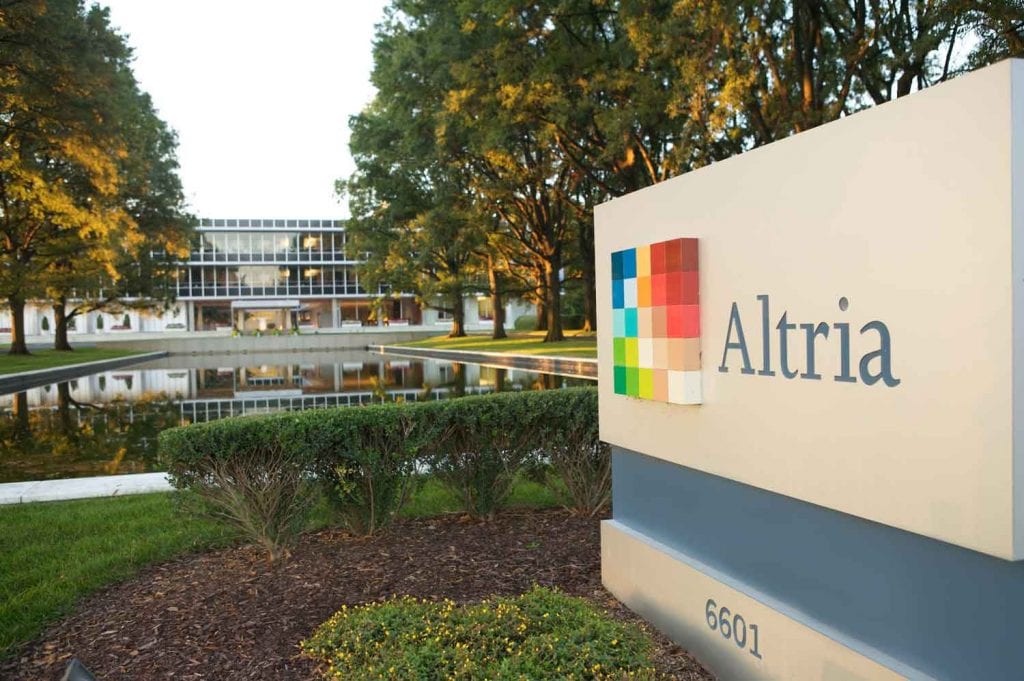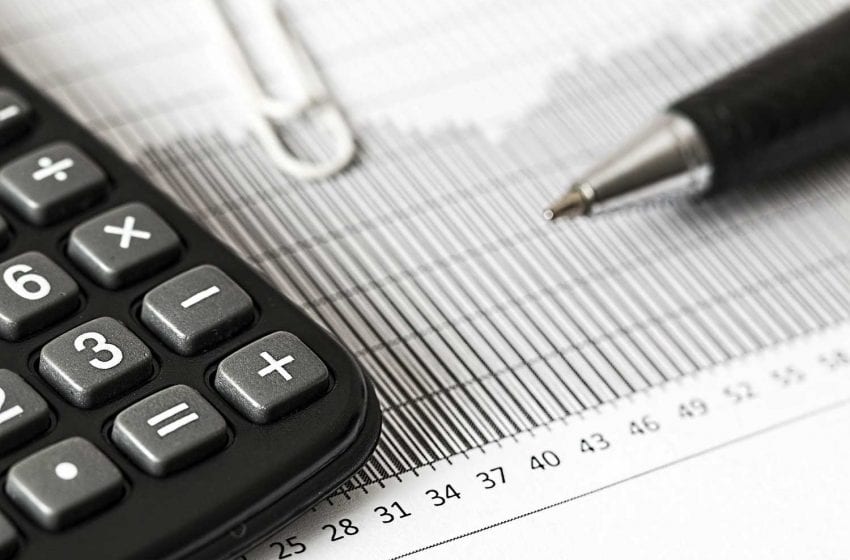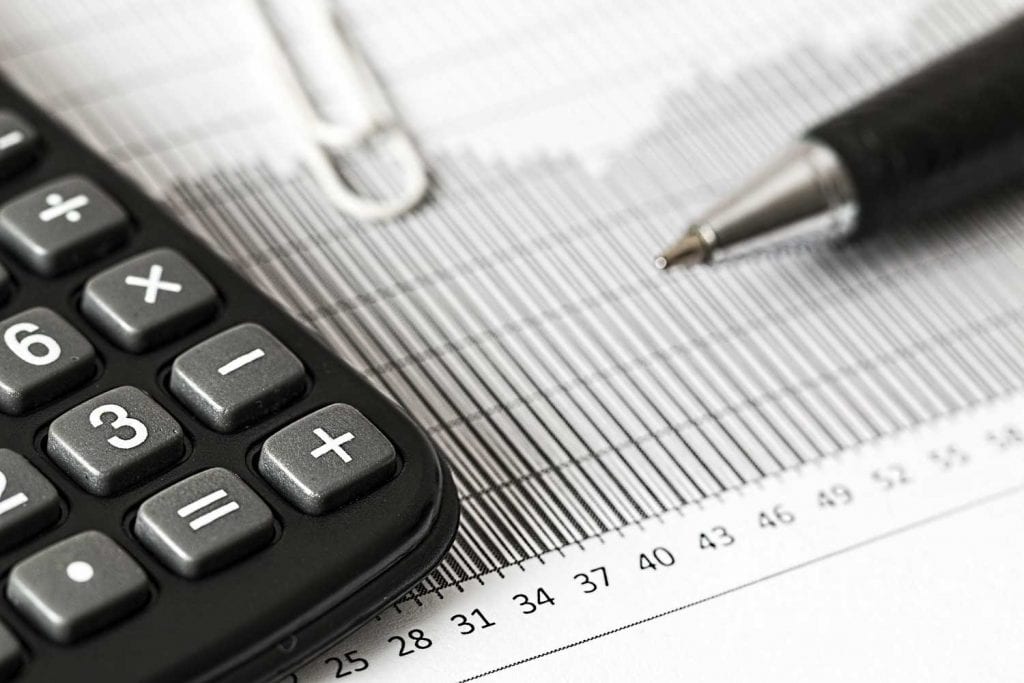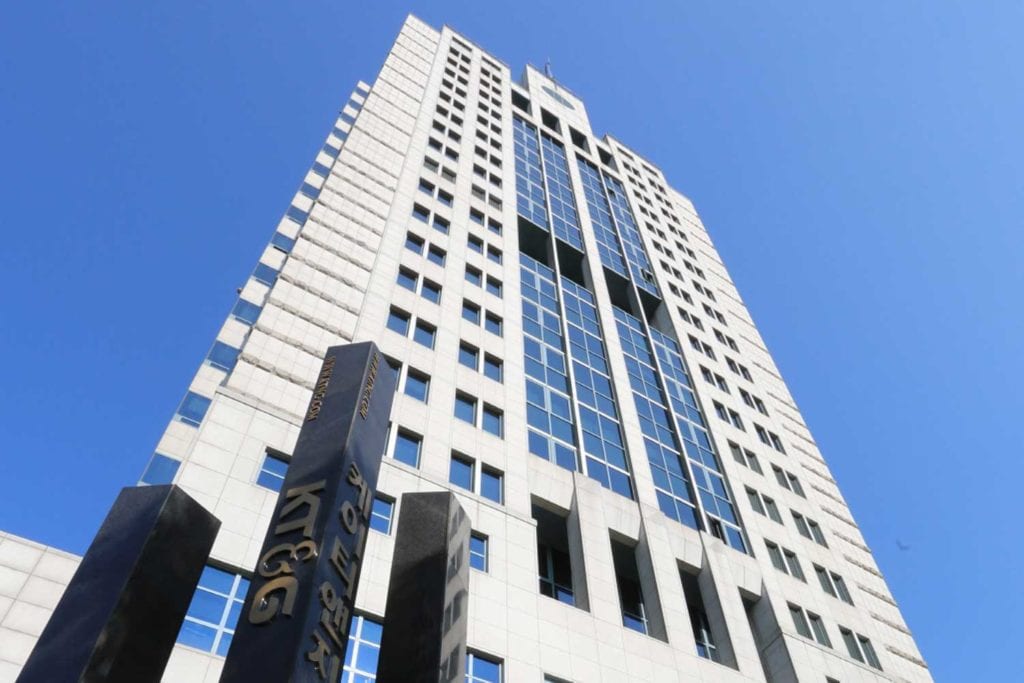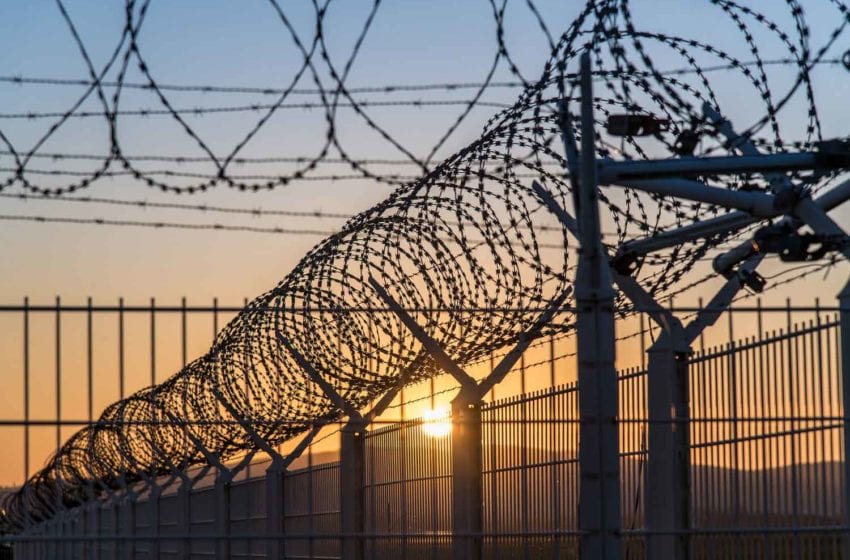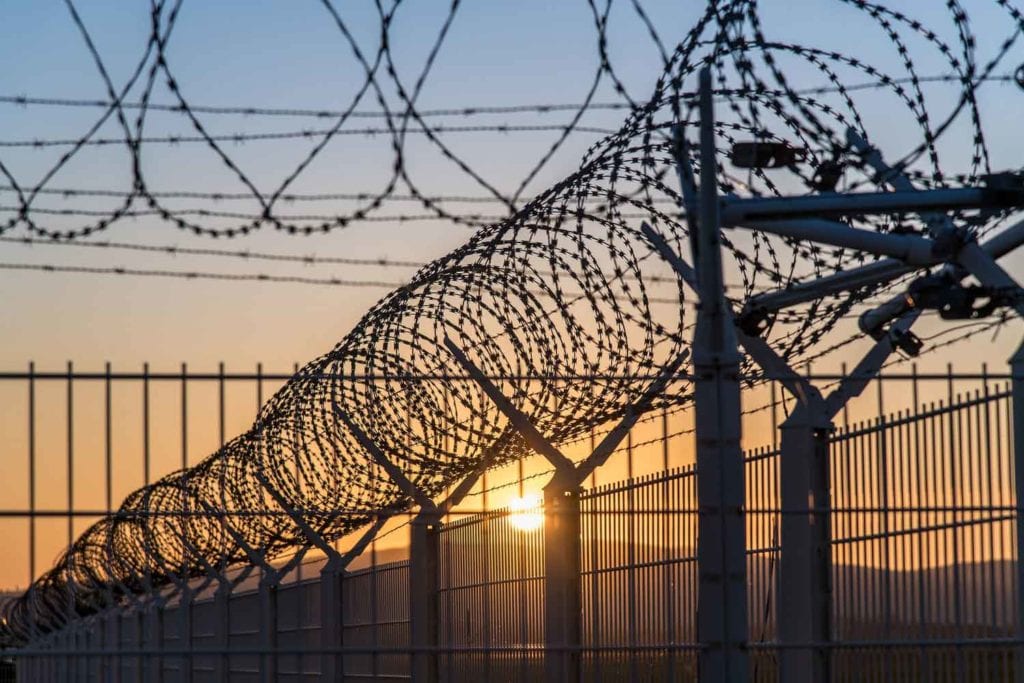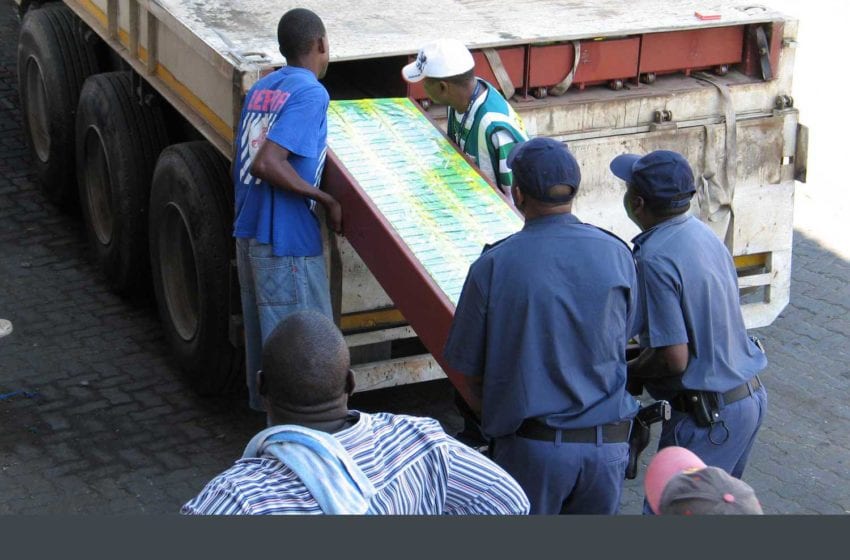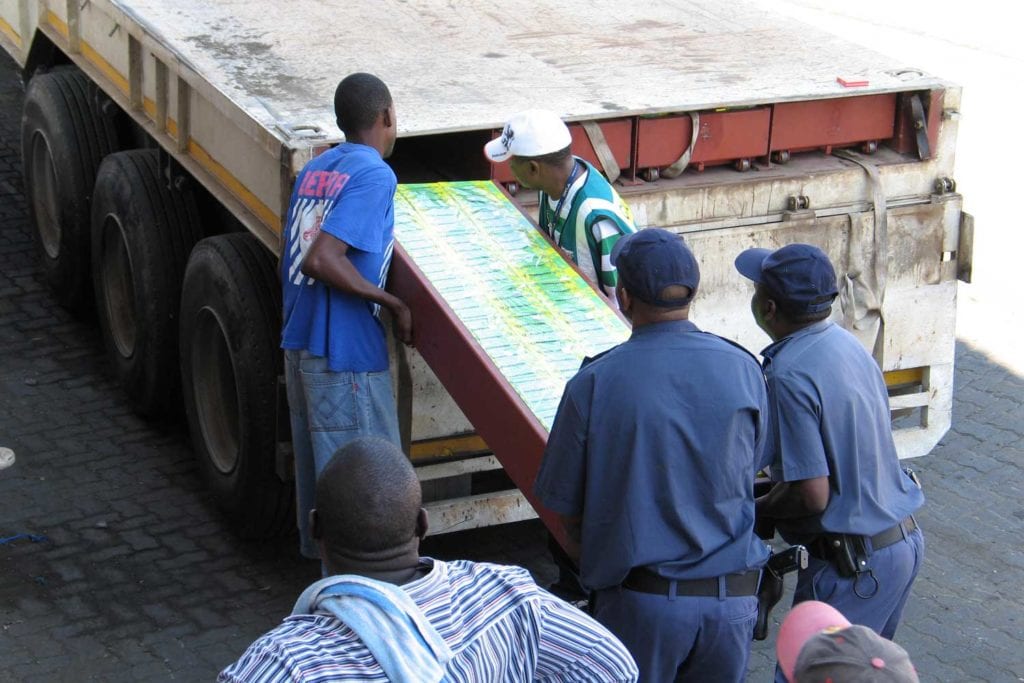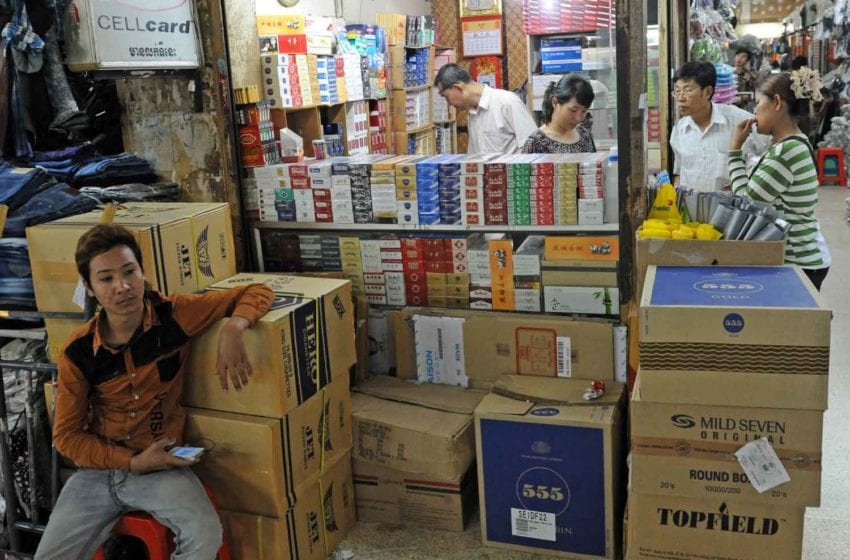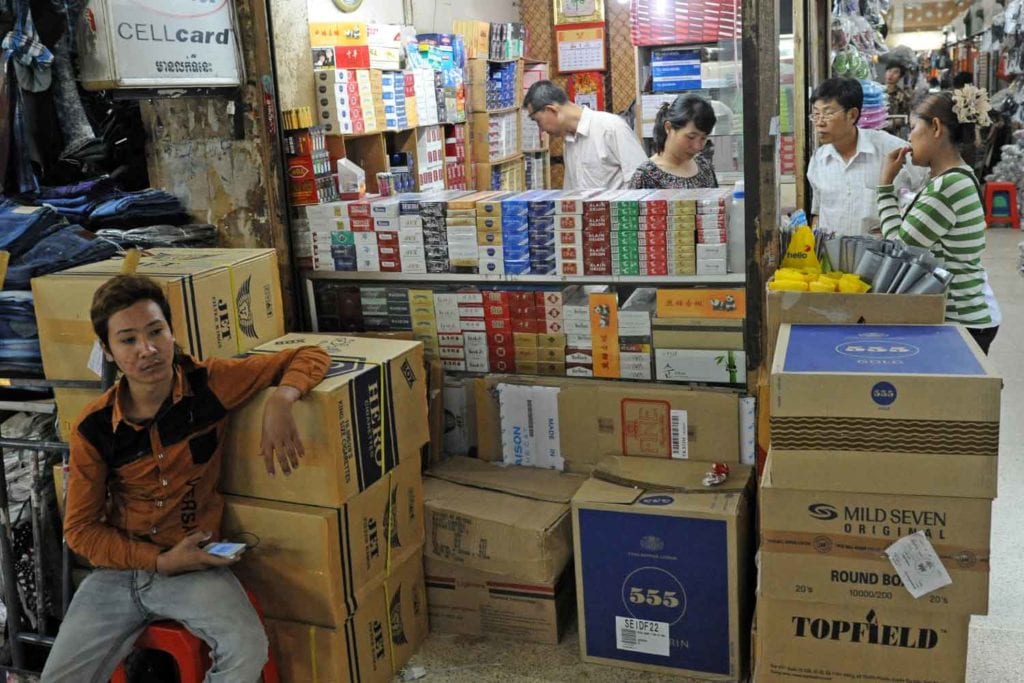Altria Group announced its 2020 second-quarter and first-half business results and reestablished 2020 adjusted diluted earnings per share (EPS) guidance. It also announced an increase in its quarterly dividend ahead of its previously scheduled dividend declaration date.
Net revenues were down 3.8 percent to about $6.4 million from the second quarter of 2019.
“Over the first half of 2020, we believe Altria showed resilience in volatile market conditions, growing adjusted diluted earnings per share by 8.5 percent, driven by the outstanding financial performance of our core tobacco businesses,” said Billy Gifford, Altria’s CEO. “We’ve also hit key milestones and made steady progress behind our noncombustible product portfolio.”
“With a better understanding of Covid-19 impacts on adult tobacco consumer purchasing behavior and an additional quarter of ABI earnings contributions, we’re reestablishing full-year 2020 adjusted diluted EPS guidance.”
Altria expects its 2020 full-year adjusted diluted EPS to be in a range of $4.21 to $4.38, representing a growth rate of 0 percent to 4 percent from an adjusted diluted EPS base of $4.21 in 2019.
“We’re pleased to announce that yesterday, our board declared a quarterly dividend of $0.86 per share, representing a new annualized dividend rate of $3.44 per share and an increase of 2.4 percent from the previous annualized rate of $3.36 per share,” said Sal Mancuso, Altria’s chief financial officer. “This dividend increase marks the 55th dividend increase in the past 51 years.”
To date, Altria recorded net pre-tax charges of $50 million, directly related to costs for disruptions caused by, or efforts to mitigate the impact of, the Covid-19 pandemic. These pre-tax charges included premium pay, personal protective equipment and health screenings, partially offset by certain employment tax credits.
Altria said its tobacco businesses have not experienced any material adverse effects associated with governmental actions to restrict consumer movement or business operations but continue to monitor these factors. Most retail stores in which their products are sold, including convenience stores, have been deemed to be essential businesses by authorities and remain open.






